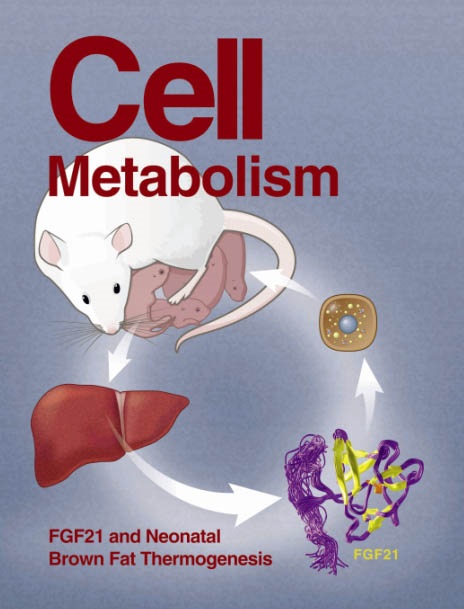Microbial riboflavin inhibits ceramide synthase 3 to lower ceramide (d18:1/26:0) and delay colorectal cancer progression
IF 30.9
1区 生物学
Q1 CELL BIOLOGY
引用次数: 0
Abstract
Ceramide metabolism dysregulation links to colorectal cancer (CRC) progression, yet the mechanism remains unknown. d18:1/26:0 ceramide (C26) levels were elevated in patients with CRC and mouse models, which activated epidermal growth factor receptor (EGFR) by binding its extracellular region to promote cancer cell proliferation. The rise of C26 levels was mainly driven by heightened ceramide synthase 3 (CERS3) activity. High CERS3 expression generally accelerated tumor progression, yet some patients exhibited significant heterogeneity, suggesting endogenous metabolites available to affect CERS3 activity. We found that the abundance of Bacteroides cellulosilyticus affects tumor heterogeneity by producing riboflavin that inhibits CERS3 activity, thus delaying CRC progression. Moreover, aclidinium bromide, an FDA-approved drug, exhibited significant inhibitory effects on CERS3 activity, suggesting its potential application in CRC treatment. These findings elucidate the metabolic pathways and mechanisms underlying ceramide’s impact on CRC, highlighting that targeting CERS3 inhibition represents a promising therapeutic strategy for CRC.

微生物核黄素抑制神经酰胺合成酶3降低神经酰胺(d18:1/26:0),延缓结直肠癌进展
神经酰胺代谢失调与结直肠癌(CRC)进展有关,但机制尚不清楚。d18:1/26:0神经酰胺(C26)水平在结直肠癌患者和小鼠模型中升高,其通过结合表皮生长因子受体(EGFR)胞外区激活其,促进癌细胞增殖。C26水平升高主要是由于神经酰胺合成酶3 (CERS3)活性升高所致。高表达的CERS3通常会加速肿瘤进展,但一些患者表现出显著的异质性,提示内源性代谢物可影响CERS3活性。我们发现纤维素拟杆菌的丰度通过产生抑制CERS3活性的核黄素影响肿瘤的异质性,从而延缓CRC的进展。此外,fda批准的药物aclidinium bromide对CERS3活性有显著的抑制作用,提示其在结直肠癌治疗中的潜在应用。这些发现阐明了神经酰胺对CRC影响的代谢途径和机制,强调靶向CERS3抑制是一种有希望的CRC治疗策略。
本文章由计算机程序翻译,如有差异,请以英文原文为准。
求助全文
约1分钟内获得全文
求助全文
来源期刊

Cell metabolism
生物-内分泌学与代谢
CiteScore
48.60
自引率
1.40%
发文量
173
审稿时长
2.5 months
期刊介绍:
Cell Metabolism is a top research journal established in 2005 that focuses on publishing original and impactful papers in the field of metabolic research.It covers a wide range of topics including diabetes, obesity, cardiovascular biology, aging and stress responses, circadian biology, and many others.
Cell Metabolism aims to contribute to the advancement of metabolic research by providing a platform for the publication and dissemination of high-quality research and thought-provoking articles.
 求助内容:
求助内容: 应助结果提醒方式:
应助结果提醒方式:


